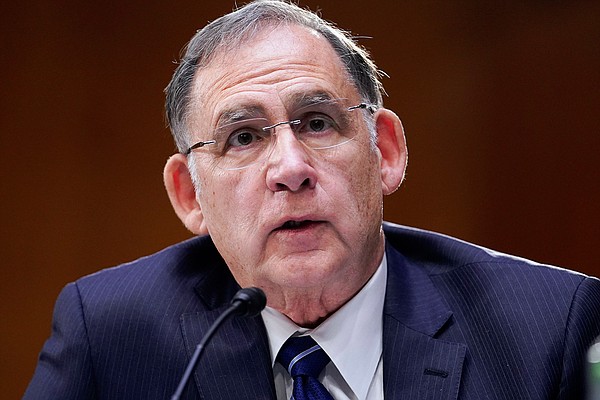Arkansas State University Mountain Home will be able to significantly expand its health education efforts thanks to recent $6 million in federal funding.
A bill introduced by Sen. John Boozman (R-Ark.) that provides $6 million in funding for health education at the university was signed into law late last month. “We are proud to provide Arkansas with investments that support growth and development and improve the quality of life for Natural State residents,” the state senator said in a statement.
“These bills would not only expand the state's contribution to national defense, but also strengthen access to health services and the capacity of our workforce to provide quality care,” Boozman added. .
According to the university, the fiscal year 2024 appropriations bill expands ASU Mountain Home's medical education facilities, which offer certified nursing assistant (CNA) and emergency medical services (EMS) programs, and strengthens the skills that train health care workers. The plan is to provide funding to support the project. ), Emergency Medical Technician (EMT), Certified Pharmacy Assistant, Paramedic Technology, Practical Nursing (LPN), Pre-Nursing, Specialty Medical Coding, Registered Nurse (RN), Medical Professions, and Health Sciences. Health science students learn through a combination of in-person lectures, online education, skills labs, simulations, and clinical experiences.
“Mountain Home is a destination that provides world-class medical services to the region. [and] “We thank Senator Boozman for his vision and leadership as he continues to focus on improving the lives of Arkansans,” ASU Mountain Home President Bentley Wallace said in a news release from the university. “This will enable us to expand and strengthen nursing and related medical care.” Education to meet the growing needs for health care services in north central Arkansas. ”
The University says the Arkansas Department of Education has approved ASU Mountain Home to pilot a project for high school students in LPN education in 2022, easing the transition from high school to college to the workforce. It is said that he did it.
Built in 2012 and named after Dr. Bernice Gotters, a pioneering female physician in the Twin Lakes region, the school's Health Sciences Building includes a simulation lab with lifelike medical mannequins, an ambulance simulator, A classroom modeled after a hospital room has been set up.
“We are very excited to hear the news about the funding for the health sciences building and program expansion,” Ron Peterson, president and CEO of Baxter Health, said in a news release. “There is,” he said. “Given the shortage of healthcare professionals and the need for additional educational opportunities, this could not come at a better time.”
The health care professions are and will continue to be a priority for ASU Mountain Home, Wallace said shortly after taking over as chancellor last year.
Mountain Home is a retirement community and has a “growing need” for nurses and other health care professionals, he said.
According to the U.S. Bureau of Labor Statistics, nursing will be one of the fields with the highest job growth through 2029.
According to a report commissioned by the Arkansas Hospital Association and released last year, Arkansas is short of about 9,000 nurses to meet the state's health care needs. The report, compiled by Global-Data PLC, a data analytics and consulting firm headquartered in London, states that “demand for registered nurses will increase by 2035, primarily due to projected growth in Arkansas' elderly population. This is expected to increase by approximately 8% by then.” age group. “


